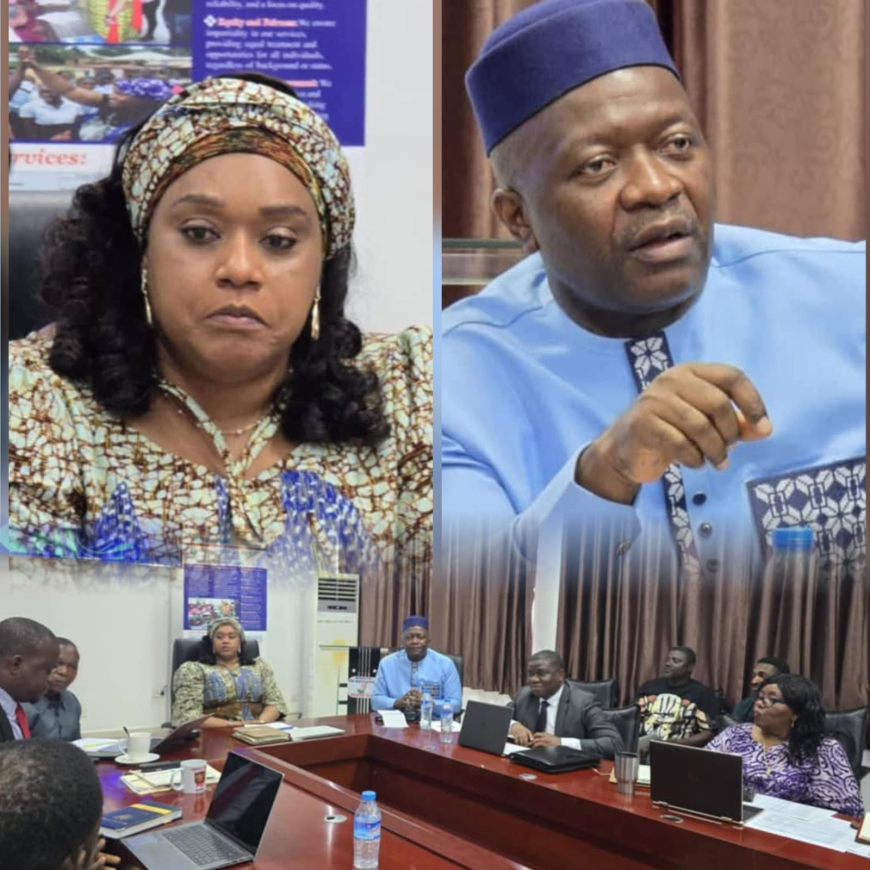Fostering the Culture of Integrity, GoL to Introduce Anti-Corruption Education in Primary Schools

Monrovia, Liberia: In a transformative step that promises to dismantle the entrenched culture of corruption and reshape the future of governance in Liberia, the Government of Liberia (GoL) has pronounced the integration of anti-corruption education into the primary school curriculum.
The groundbreaking initiative is designed to infuse foundational principles of integrity into the minds of the nation’s youngest citizens while confronting the corrosive societal impact of corruption.
By: Abraham Sylvester Panto
The effort is set to redefine the nation’s educational framework, is being positioned as a strategic intervention aimed at recalibrating the moral compass of Liberia’s future leaders.
Crafted through a strategic collaboration between the Liberia Anti-Corruption Commission (LACC) and the Ministry of Education (MOE), the initiative seeks to establish a comprehensive educational framework that inculcates age-appropriate anti-corruption lessons, targeting the roots of unethical behavior with a curriculum that equips young learners to discern, resist, and report corrupt practices.
Through this initiative, the GoL aspires to nurture a generation that recognizes corruption as a societal plague but also understands the mechanisms to counteract it effectively.
Early this week (May 13, 2025), at a crucial meeting convened at the LACC headquarters in Monrovia, LACC Executive Chairperson Cllr. Alexandra K. Zoe underscored the imperative of early intervention in the battle against corruption.
“If we are to reverse the pervasive culture of corruption, we must start with the youth—arming them with the principles of integrity, transparency, and accountability from a tender age,” she emphasized, framing the initiative as a transformative step toward a corruption-free society.
Cllr. Zoe further asserted that the initiative is more than just an educational reform; it is a necessary preemptive strike against the systemic rot that continues to undermine Liberia’s socio-economic development.
Designed to resonate with the experiences of young learners, the curriculum will incorporate relatable scenarios that explore the ramifications of corruption, highlight the importance of honesty, and emphasize the role of responsible citizenship.
The content will include interactive activities, case studies, and moral lessons tailored to the developmental stages of primary school students, ensuring that anti-corruption principles are not just theoretical concepts but practical tools for everyday decision-making.
In a bid to assess the effectiveness of the program, pilot initiatives will be launched in select schools, with LACC and MOE officials committed to rigorous monitoring and evaluation. The findings will inform the broader nationwide rollout, ensuring that the curriculum remains dynamic, impactful, and relevant to Liberia’s evolving socio-political landscape.
What's Your Reaction?










































































